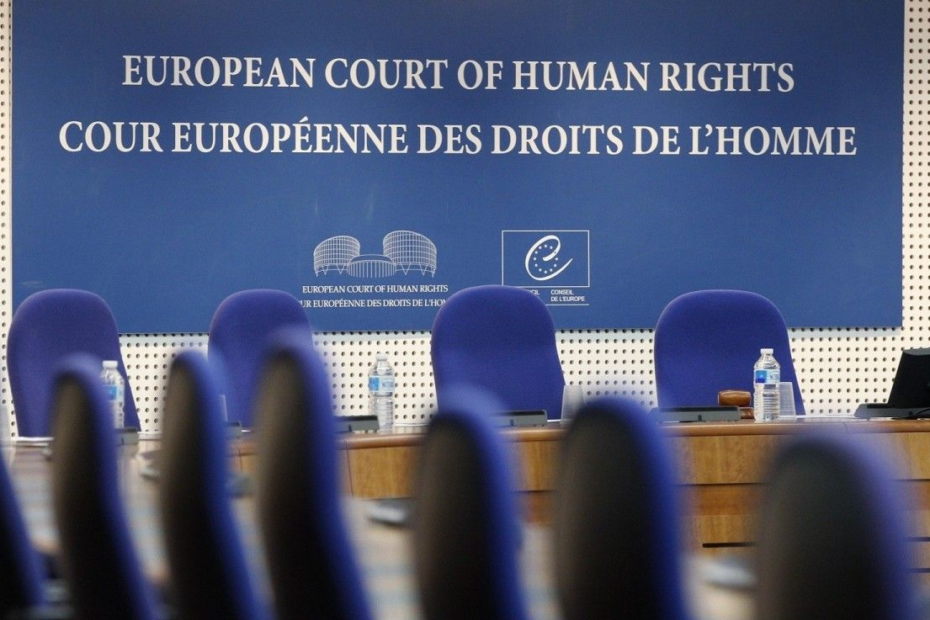Two weeks ago, Gender Stream submitted an application to the European Court of Human Rights in the case of Maimulakhin and Markov v. Ukraine and have already received a response from the authorities. The essence of the case concerns the violation of the right to family life due to non-recognition of same-sex relationships in Ukraine. The ECtHR recognized that the refusal to legally recognize same-sex couples is discrimination based on sexual orientation, which violates Articles 14 and 8 of the European Convention on Human Rights
What is the appeal about?
The main goal is to advocate for expanding the list of protected characteristics against discrimination, specifically by recommending support for draft law 5488 and further refinement of draft law 11456.
This action plan aims to prevent further discrimination against vulnerable social groups, particularly ensuring the protection of LGBTQI+ rights. As a result, it will establish a clear definition of “intolerance” (in this context the cause of the hate crime), which will provide a comprehensive approach to combating discrimination and hate crimes and expand the right to free legal assistance.
What is the response?
Margarita Sokorenko, the Government Agent before the European Court of Human Rights, prepared a response to the appeal. Ms. Sokorenko emphasized the recognition of the active role of NGOs (including Gender Stream) in addressing issues related to LGBTQI+ individuals and discrimination. Additionally, support was received for further consideration of the proposed initiatives and for continuing informational campaigns on LGBTQI+ rights.
What are our next steps?
Gender Stream plans to monitor the Ukrainian government’s commitments to addressing legal gaps and to use the government’s feedback to build a strategy for further advocacy efforts. We intend to continue collaborating with Ministry of Justice of Ukraine, primarily to advance initiatives related to LGBTQI+ rights. Moreover, we will continue to engage other stakeholders to support legislative changes and to consistently and promptly publish updates on these cases.
We believe that a comprehensive, multilateral approach and open cooperation between stakeholders will lead to the adoption of inclusive legal solutions in the future.
